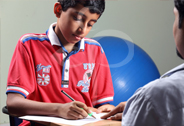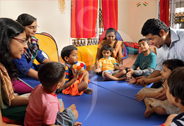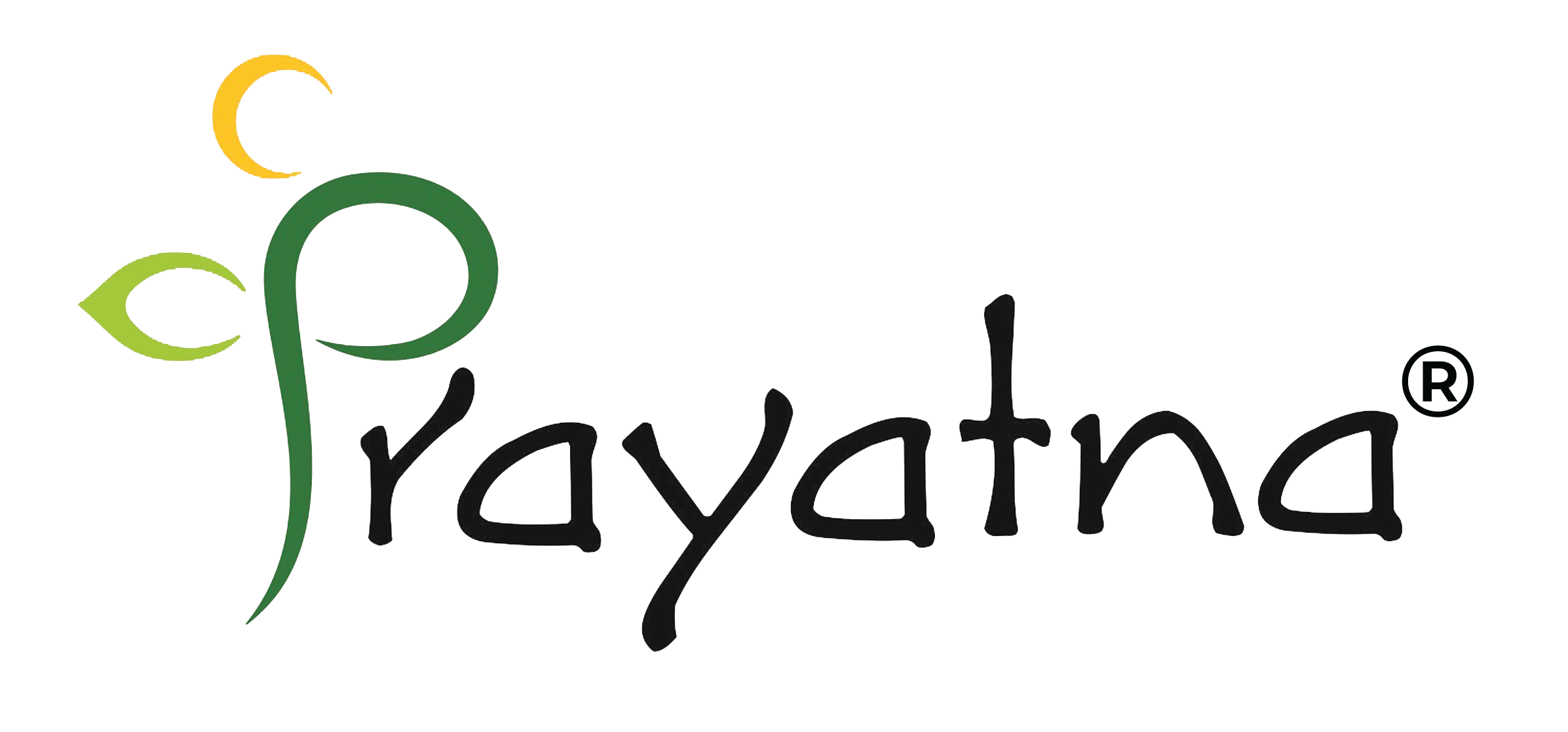Psychological Services
Clinical Psychology
 Clinical child psychologists are primarily specialized in understanding the basic psychological needs of children and adolescents and how the family and social contexts influence their cognitive development, socio-emotional adjustment, behavioral adaptation and health status.
Clinical child psychologists are primarily specialized in understanding the basic psychological needs of children and adolescents and how the family and social contexts influence their cognitive development, socio-emotional adjustment, behavioral adaptation and health status.
Problems attended:
Clinical psychologists at Prayatna study assess and treat psychological and social problems experienced by children and adolescents. They work with children, who may experience the following:
- Attention deficit/hyperactivity disorder
- Conduct disorders
- Autism
- Enuresis (bed wetting)
- Learning disabilities
- School phobia
- Abuse
- Posttraumatic stress disorder or a host of other emotional, behavioral, or medical problems
The psychologist provides consultation to teachers, school counselors, pediatricians, day care workers, parents, and others as part of comprehensive treatment plan. In cases where required they may assist teachers in classroom behavior management or parents in developing better parenting skills.
Skills and Procedure

Clinical psychologists utilize wide range of skills and procedures including counseling to cater to the needs of psychological and social issues of children and adolescents.
PSYCHOTHERAPIES FOR CHILDREN AND ADOLESCENTS
Psychotherapy is a form of psychiatric treatment that involves therapeutic conversations and interactions between a therapist and a child or family. It can help children and families understand and resolve problems, modify behavior, and make positive changes in their lives. There are several types of psychotherapy that involve different approaches, techniques and interventions. At times, a combination of different psychotherapy approaches may be helpful. In some cases a combination of medication with psychotherapy may be more effective.
Different types of psychotherapy
Dialectical Behavior Therapy (DBT) is used to treat adolescents who have chronic suicidal thoughts, engage in intentionally self-harmful behaviors or have Borderline Personality Disorder. DBT emphasizes taking responsibility for one's problems and helps the person examine how they deal with conflict and intense negative emotion. This often involves a combination of group and individual sessions.

Family Therapy focuses on helping the family function in more positive and constructive ways by exploring patterns of communication and providing support and education. Family therapy sessions can include the child or adolescent along with parents, siblings, and grandparents. Couples therapy is a specific type of family therapy that focuses on a couple's communication and interactions (e.g. parents having marital problems).
Group Therapy is a form of psychotherapy where there are multiple patients led by one or more therapists. It uses the power of group dynamics and peer interactions to increase understanding of mental illness and/or improve social skills. There are many different types of group therapy (e.g. psychodynamic, social skills, substance abuse, multi-family, parent support, etc.)
Interpersonal Therapy (IPT) is a brief treatment specifically developed and tested for depression, but also used to treat a variety of other clinical conditions. IPT therapists focus on how interpersonal events affect an individual's emotional state. Individual difficulties are framed in interpersonal terms, and then problematic relationships are addressed.
Our team of trained and skilled clinical psychologists individualizes treatment process that best fits the child in question. Initial sessions (normally around 2-3) with the child/ parents/ family members may include interviews and recording history to help understand the issue at hand in the best possible manner. The psychologist may resort to testing to come to a conclusion as to the exact nature of problem.

Psychological tests are predominantly paper pencil tests that help in understanding the child's problems better. Following this, the psychologist provides feedback on understanding of the problem and possible treatments for the same. Together the therapist, child and the parents will then work through the problem using a devised treatment plan. These may span across multiple sessions depending on the nature of the problem. For example, the more severe problems may logically take more sessions to resolve. Sessions are normally scheduled for once a week, and last for 45 minutes to an hour. The child/parent is supposed to follow up on any advice/ task advised for treatment to be effective. Any concern regarding problem, treatment must be discussed as well, to ensure a good outcome.

